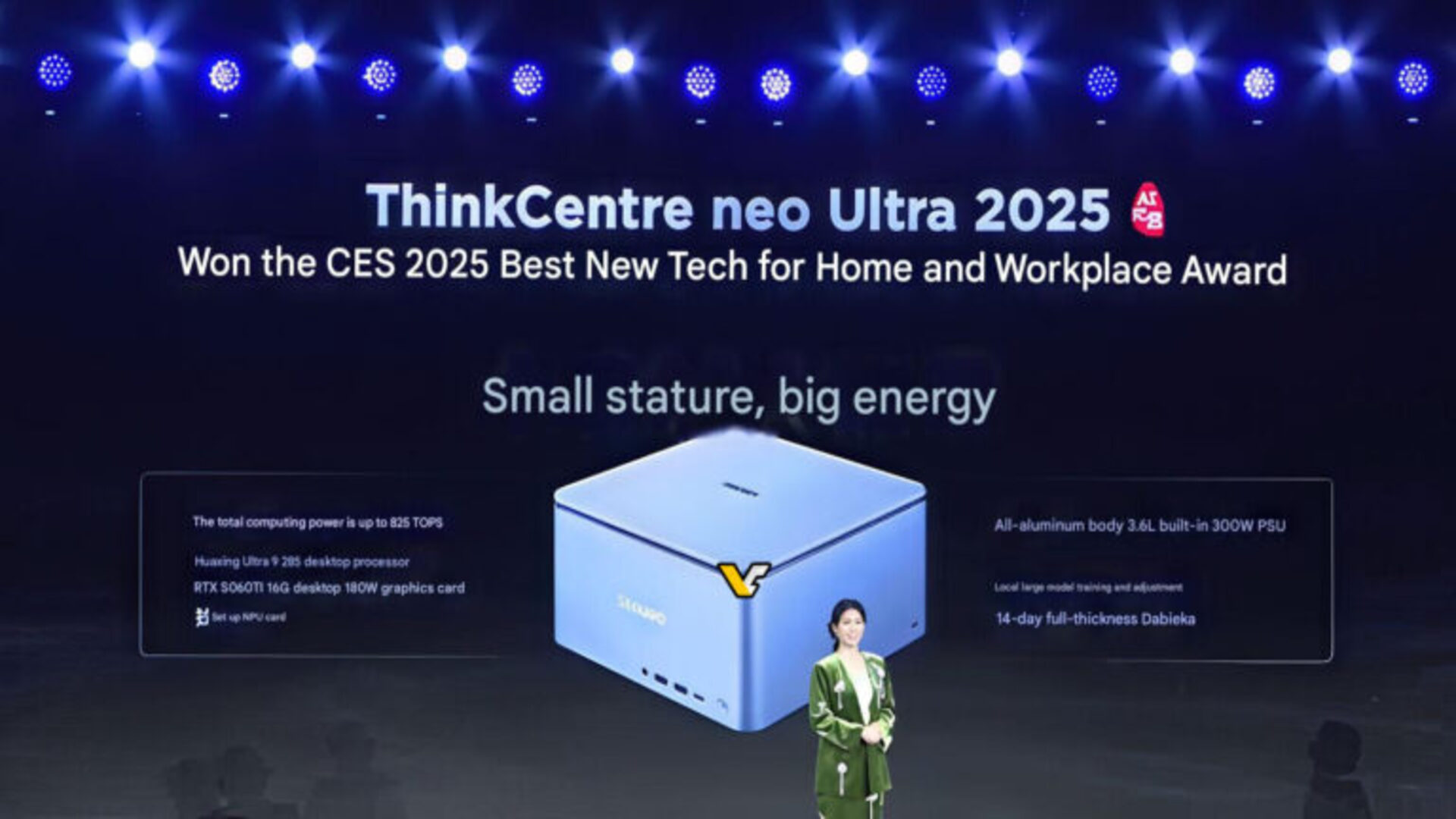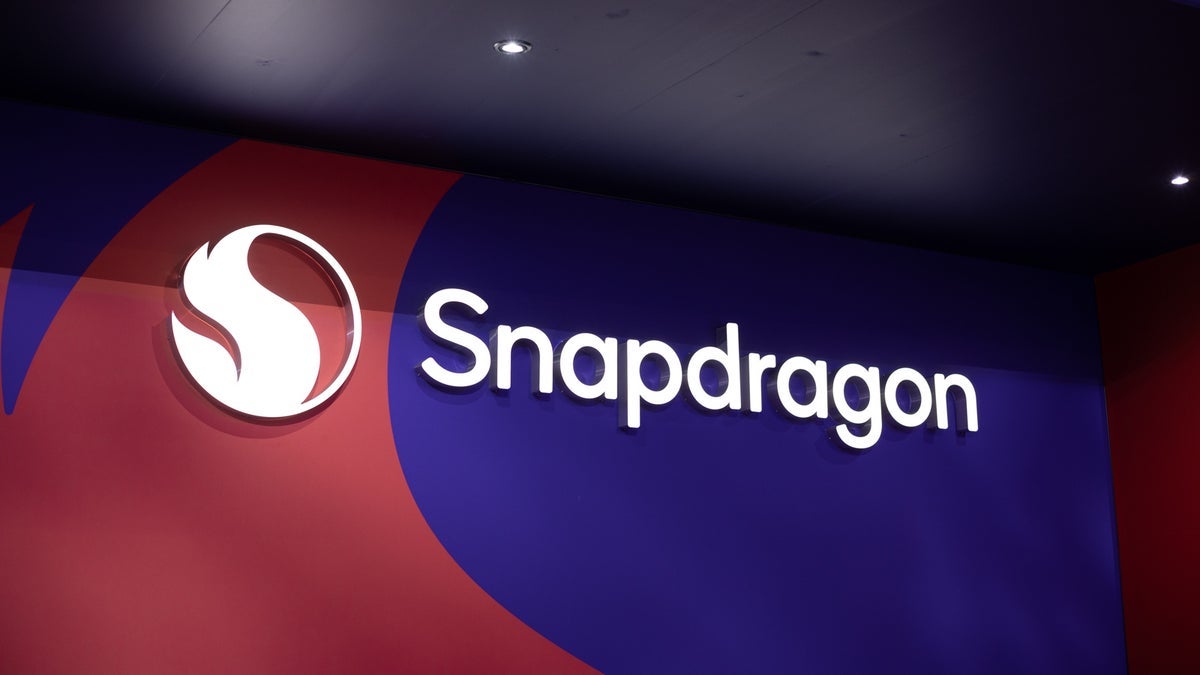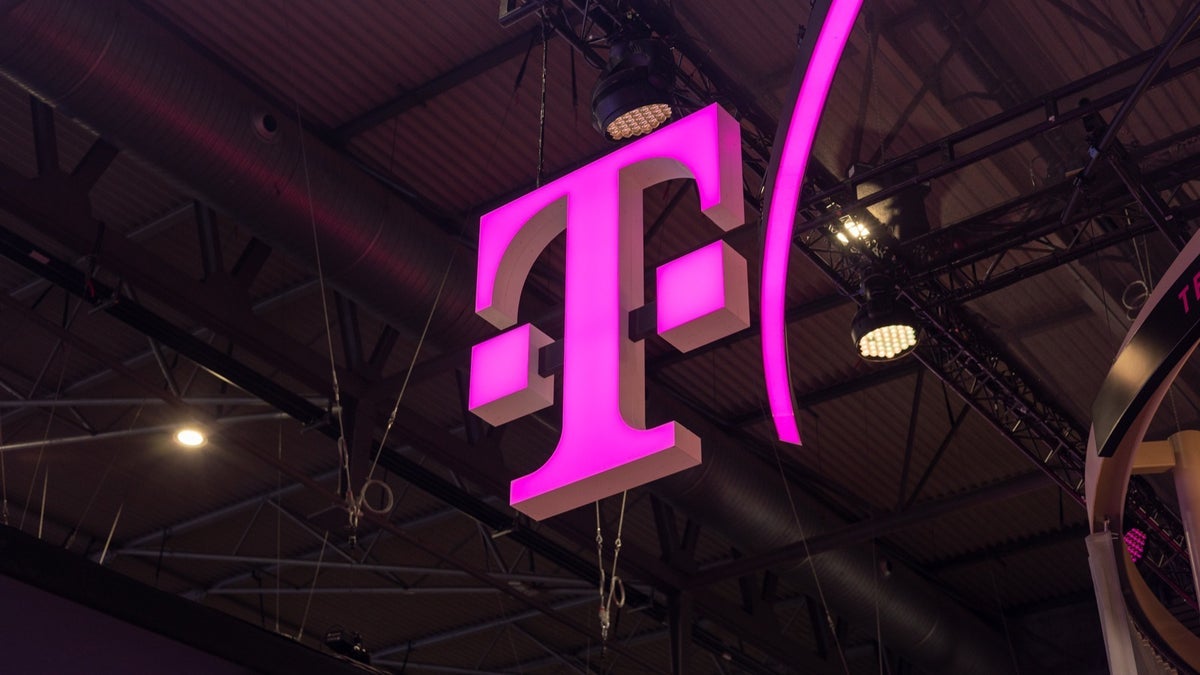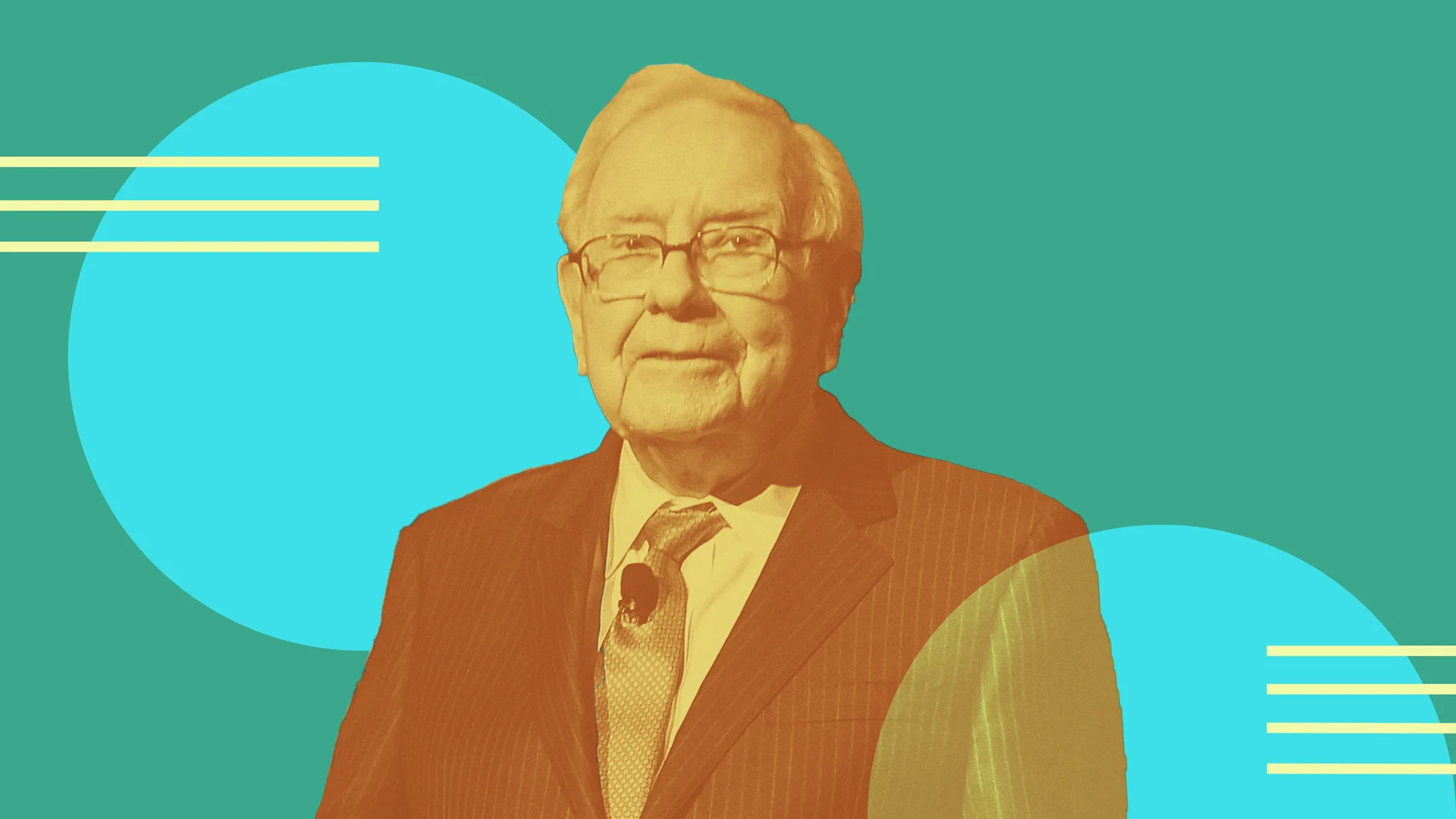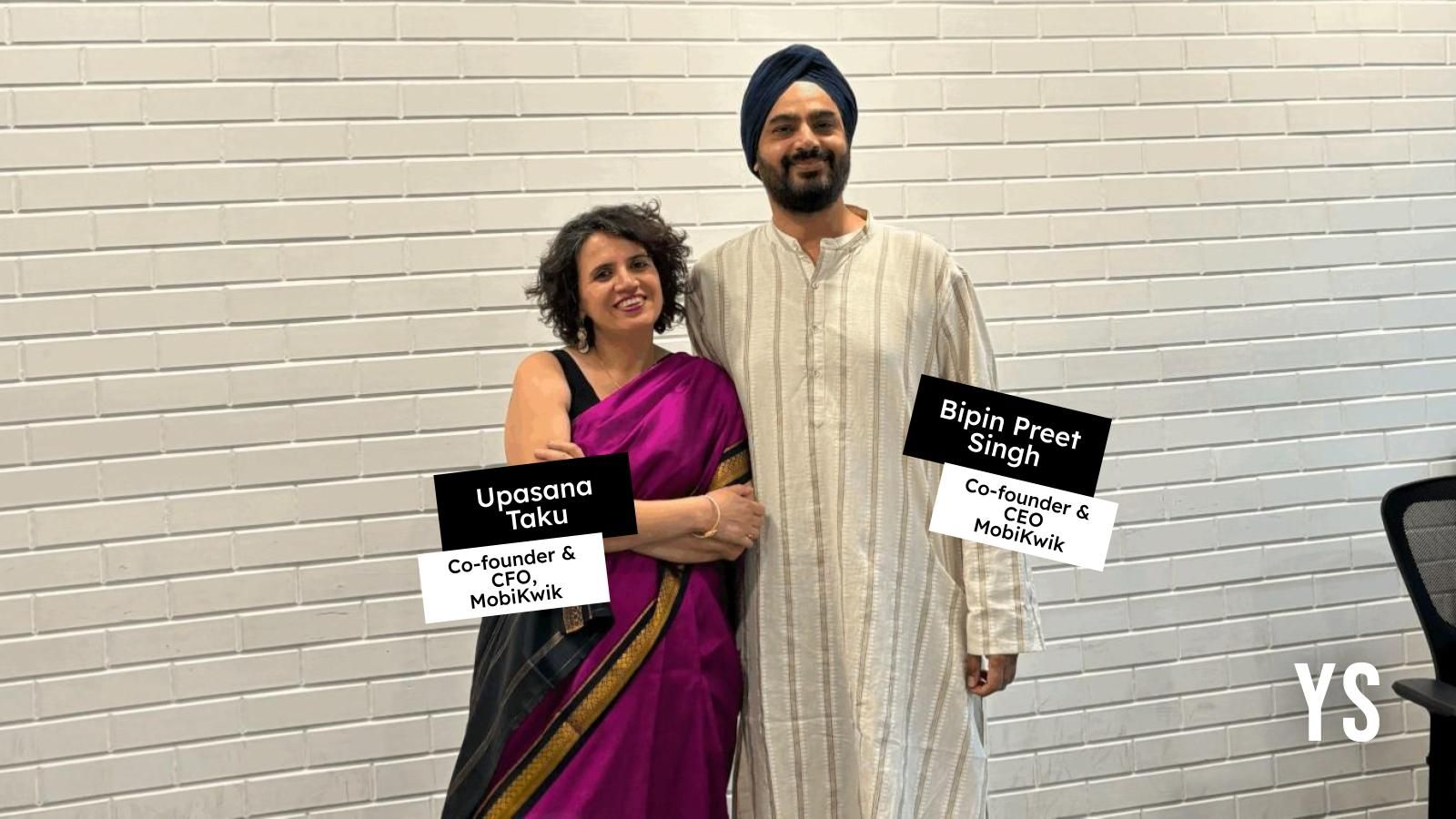Vedantu is charting a phoenix-like recovery, says CEO, but it’s not all smooth flying ahead
The edtech firm’s revival has been driven by a measured rollout of offline centres, the acquisition of test-prep firm Deeksha, and an unflinching focus on reducing cash burn. However, challenges remain for the startup that’s nursing IPO ambitions in a couple of years.


The phoenix—the bird that bursts into flames only to rise again from its ashes—is a symbol readers encounter in the pages of Harry Potter. The proverbial bird is a recurring reference in Greek and Egyptian mythologies too.
A symbol of resilience and transformation, the phoenix is also an increasingly popular term used in the modern business context—to refer to organisations that find their way from the brink of collapse.
Vedantu’s founder believes the phoenix is a fitting analogy to his edtech firm which many had given up on. But, in the last few years, the K-12-focused edtech firm has found its bearings and worked its way back to growth, says Vamsi Krishna, Vedantu’s Co-founder and CEO.
“It’s been a classical phoenix moment for Vedantu—everyone had written us off,” says Krishna, leaning back and reflecting on the company’s “disciplined execution” to get onto the path to profitability.
According to Krishna, Vedantu’s recovery has been driven by strategic moves: a measured rollout of lean offline centres designed to hit cash‐positivity within a year; the acquisition of test-prep firm Deeksha, which immediately added high‐margin revenue without building infrastructure; and an unflinching desire to reduce cash burn.
Together, these efforts have positioned Vedantu—which started off as an online educator—as an omnichannel edtech player keen on achieving sustainable cash flow ahead of a potential IPO.
“Things have been good,” says Krishna with a smile. And with reason: the edtech firm recently posted its first-ever quarter of cash-flow positivity since its inception in 2014.
Being cash-flow positive means there’s more money coming in than going out.
In the JFM (January to March) quarter of 2025, Vedantu saw cash-flow positivity of Rs 6 crore, and there are enough indications that the company will remain cash-flow positive in the ongoing financial year (FY26).
Krishna sets this in context. The JFM quarter is typically one of the weakest quarters for Vedantu. Its peak season is usually the April to June quarter, which sometimes extends into July and August, aligning with the academic admission cycle when most students sign up for online courses.
FY26 has just begun, but Vedantu’s chief is already projecting net collections of over Rs 400 crore—this is money received from customers—and a net positive cash flow of Rs 15 crore.
If these numbers hold, it would indicate a major step towards sustainable revenue growth and long-term profitability for the Tiger Global- and WestBridge Capital-backed edtech firm.
“We really wanted to become cash flow positive because, with all the funding and everything, we just wanted to get out of the loop,” notes Krishna.
His remark sums up Vedantu’s shift from fundraising-driven growth to self-sustaining operations. The firm is eager to prove that its model works on its own cash flow, rather than staying trapped in the never-ending loop of growth-at-all-costs.
Vedantu was one of the beneficiaries of the boom during the pandemic when demand for online education soared and investors pumped in a lot of money in edtech firms.
However, when the world reopened, the sector hit a bumpy period. Like other edtech firms, Vedantu too saw funding tighten sharply. Its revenue growth stalled and losses were substantial.
Now the Bengaluru-based edtech firm is charting a slow but steady path out of the post-pandemic slowdown. It is perhaps experiencing a second wind, but can it sustain itself in the long term and thrive in a market that’s tougher, more competitive, and more skeptical than ever before? Design: Nihar Apte
The big picture
Rising revenue and shrinking losses at the group level in FY24 show early signs of business recovery. Projections for FY25 and FY26 also suggest that the momentum could continue.
For FY25, the firm expects group revenue of around Rs 232 crore, net collections of Rs 284 crore, and a net negative cash flow of Rs 70 crore. Based on net collections, revenue could touch Rs 330 crore in FY26, Krishna asserts.
Group level financials include revenue from acquisitions such as Deeksha and standalone numbers.
Meanwhile, Vedantu’s core K-12 tuition and coaching business paints a different picture. After peaking in FY22 at Rs 165 crore, its revenue dropped to Rs 120.6 crore in FY23 and Rs 77.6 crore in FY24.
However, FY25 has reversed the trend, says Krishna, with revenue growing over the previous year and expected to rise further in the current fiscal.
“It was a three-step strategy. First, reduce fixed costs. Second, get the contribution margin positive while experimenting with offline. Third, scale the hybrid and offline models,” Krishna elaborates the efforts that helped reverse Vedantu’s fortunes.
He also emphasises on the “big picture”—something he does at least half-a-dozen times during the conversation—as he singles out the 8x growth in net collections at the group level, from FY20 to FY25, accompanied by a slowing burn rate, which reflects how quickly the company spends money.
The company’s burn in FY25 was 54% lower than what it was in FY20, he mentions.
“If you see the starting point (FY20) and the end point (FY25), it’s great,” says Krishna, aiming to illustrate the macro picture without the distortions of the pandemic surge, which inflated revenue far beyond normal growth.
Pointing to FY23 figures on a slide—essentially the net collections and operating cash burn—Vedantu’s CEO comments, “This was the bloodshed period (post-pandemic) for edtech. The market shrank by 50 to 60%, depending on the K-12 player.”
While the market took a big hit, Vedantu plunged into action to cut costs. If it hadn’t done so, the cash burn would have increased further, says Krishna.
One of the first steps it took was eliminating unprofitable marketing activities where the cost to acquire or serve a student exceeded the revenue generated (negative-margin marketing). This approach aimed to have each enrollment contribute positively to cash flow rather than reduce it. Design: Nihar Apte
Making crucial decisions
When Vedantu launched, it focused on delivering education online, powered by proprietary technology. The online model thrived during the pandemic, but in the post-pandemic world, education didn’t stay online-only.
Vedantu started noticing early signs of trouble around August 2021. By the last quarter of that year—October to December—the slowdown became more visible. But it was only in the April-May-June quarter of 2022 that reality hit hard, not just for Vedantu but for the entire sector.
Vedantu began making tough calls, which continued through FY23—there were multiple rounds of cost-cutting, including layoffs, as the company started adapting to the new market reality.
It laid off around 385 employees in December 2022, after letting go of 624 employees in two rounds in May. It cut another 100 jobs in August that year. Other edtech players like BYJU’S, Unacademy, LEAD and Eruditus also engaged in similar rounds of workforce reductions.
Krishna recalls those times as being “very, very hard.”
The hard decision of letting go of people had been executed. What else could be done to turn the business around?
In search of answers, Vedantu spoke to nearly 600 parents and students. The takeaway was clear: for Grades 11 and 12, about 70% of parents preferred physical centres, as they believed in-person supervision was crucial for success in high-stakes exams.
Vedantu was faced with yet another crucial question: Should it stick to its original online-only model, or listen to the market and change?
This question led Vedantu to experiment with hybrid and offline models. This is where the acquisition of Deeksha fits in. The test-prep company was acquired for $40 million in a cash-and-stock deal in late 2022.
Deeksha runs test-preparation integrated pre-university colleges known for coaching programmes for NEET, JEE, and other competitive exams. By acquiring Deeksha’s proven 11th-12th test-prep colleges, Vedantu avoided costly green-field builds and instantly gained revenue and infrastructure.
Krishna explains, “We didn’t want to build everything ourselves, even though we had offline experience from Lakshya.” (Prior to starting Vedantu, the co-founders ran a venture called Lakshya, a test-prep company.)
Deeksha gave Vedantu a blueprint for running a profitable offline test-prep business.
The prior experience running Lakshya and partnering with Deeksha allowed the firm to learn faster and avoid the mistakes other edtech players made. It stayed away from typical missteps that offline players made: rolling out centre after centre mindlessly, high-rent leases, pure-offline staffing models, low-margin tuition bundles, and negative-margin marketing.
Vedantu set up its first offline tuition centre in FY23. Over the years, it has grown to 35 centres—19 company-owned, 5 franchised, and 11 in school campuses. It’s present in 29 cities, including Hyderabad, Pune, Bhubaneswar, Patna, Bengaluru, and Chennai.
These standalone learning centres are lean, tech-enabled classrooms, catering to small batches (50–60 students each). They span K-10 and Grades 11 and 12, and offer learning programmes and tuition for subjects such as maths, science, and English, and coaching for exams such as JEE and NEET.
On the other hand, Deeksha offers coaching for Grades 11 and 12 students for board exams and competitive exams (JEE/NEET/CET). It has grown from 31 centres in FY23 to 63 in FY25, across Karnataka, Andhra Pradesh and Telangana.
Vedantu also runs a few hybrid centres beyond Tier I markets in an effort to cut down on real estate and staff costs. These are tech-enabled classrooms that stream live master-teacher sessions and help clear students’ doubts in real time.
Arnab Dutta, who joined as COO in 2023, has been instrumental in driving Vedantu’s offline and hybrid expansion over the past 1.5 years, says Krishna. Design: Nihar Apte
The reality of profitability
Despite strong demand for in-person learning, offline tuition centres have been hard to scale profitably, given the high fixed costs, staffing overheads, and negative-margin marketing activities.
Several edtech firms—including Educomp, TutorVista, Next Education, and BYJU’S—have found them unviable, says a senior industry executive, adding, “The economics just don’t work.”
Vedantu has tried to approach offline tutoring differently by focusing on smaller, cost-conscious centres of 400–500 students each and avoiding premium locations to curb rental costs.
“Unlike others, we said we don’t have three or five years to become profitable. We aim to be cash-positive in the first year, or, at the very least, not lose money in the first year,” says Krishna.
Cash-positivity for each centre demands tight cost control, optimal student-teacher ratio, and efficient real estate choices.
While Krishna admits this isn’t easy, he also says the company doesn't have the luxury of a “3-5 year runway” to profitability.
While Vedantu’s standalone tuition business is navigating choppy waters, its test-prep business (Deeksha) has shown better promise.
Deeksha has a stronghold in Karnataka, where it competes with players such as Narayana and Sri Chaitanya.
Krishna explains that group-level growth in FY24 was primarily driven by Deeksha, along with limited growth from Vedantu alone (standalone).
Deeksha’s parent company, Ace Creative Learning, reported a turnover of Rs 94.5 crore in FY24. It is currently growing at a rate of 5-10% annually, according to Krishna.
Vedantu is also betting on school-integrated programmes wherein it partners with schools to deliver foundation-level test-prep using the school’s infrastructure. This gives the firm a captive audience, although the cost of teachers and content creation is still a challenge to contend with.
By adding offline touchpoints and school partnerships to supplement its online presence, Vedantu has managed to boost retention and reach.
Meanwhile, adoption of Vedantu’s hybrid centres remains limited at the moment. They are part of the company’s broader motive to balance scale with sustainability.
“The idea of students going to a centre and sitting in front of a screen with an online teacher doesn’t seem to resonate. Only in situations where there is no other option do some people opt for it, but its total addressable market or use case is very narrow,” says another executive from the edtech industry, who did not wish to be named. Design: Nihar Apte
Eyes on an IPO
Managing unit economics can keep the lights on, but scaling requires a bigger vision and plan.
To date, Vedantu has raised $323.6 million in equity and $4.65 million in debt. The company became a unicorn in 2021 after raising $100 million in its Series E round, led by ABC World Asia. According to Tracxn, Vedantu’s current valuation is $920 million.
Now the edtech firm is eyeing a public listing to fuel its next phase of growth, which will be marked by diversification into other areas of the sector.
Vedantu realises that it cannot rely on K-12 alone—a segment it has focused on for over a decade now. Diversification is critical, especially with IPO ambitions on the horizon, says Krishna, acknowledging that it is a “business challenge” that Vedantu needs to solve.
“It (diversification) makes things more stable, and if we aspire to go public, stability is important.”
The edtech company is planning to explore smaller bets in skilling and counselling, and expand its test-preparation offering. It may also pursue some M&A opportunities in skilling and test-prep.
Towards this end, the company is eyeing a $100 million-$150 million initial public offering (IPO) by 2026 or 2027 at a valuation of $500 million-$600 million. It is also looking to tap into the secondary market to provide investors exit options.
While the CEO has ruled out immediate fresh funding, a pre-IPO funding round is being considered for the future.
Vedantu’s IPO ambitions come at a time when other edtech players, including PhysicsWallah and Imarticus Learning, are also preparing for a public listing.
“The IPO market may stay volatile for some time, but in two years, if Vedantu continues to improvise and show strong future potential then IPO should not be a problem, else it will be difficult,” says Anil Joshi, Managing Partner of Unicorn India Ventures, which has invested in the edtech sector.
Vedantu must continue to innovate to remain relevant to the user, he adds.
The phoenix may have risen again, but it has to navigate the turbulent skies ahead.
Challenges include making each physical centre financially viable and fighting for market share in a crowded test-prep market. The latter calls for pulling students from rivals, while defending margins. Adoption and scaling of the hybrid model also remains to be seen.
Even as it seeks to diversify into other areas of the edtech market, Vedantu will hope its primary K-12 bet—via the omnichannel model—will give better, bigger returns in the coming months.
(Cover image and infographics designed by Nihar Apte)
Edited by Swetha Kannan





































































































































































![[The AI Show Episode 145]: OpenAI Releases o3 and o4-mini, AI Is Causing “Quiet Layoffs,” Executive Order on Youth AI Education & GPT-4o’s Controversial Update](https://www.marketingaiinstitute.com/hubfs/ep%20145%20cover.png)












































































































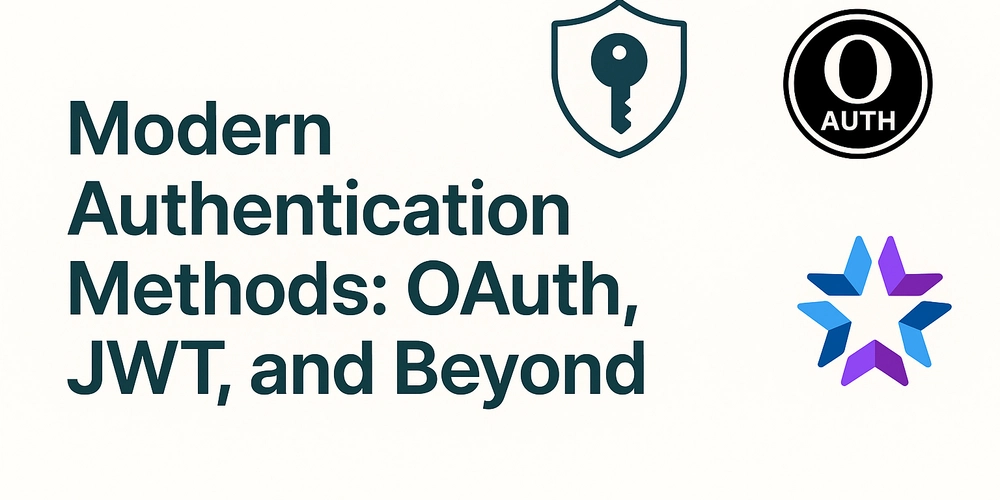
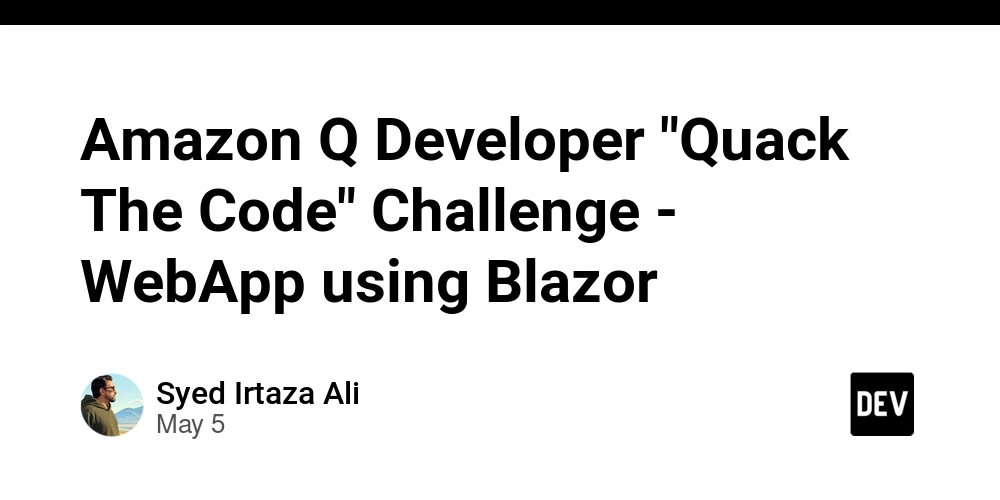
















![[DEALS] Microsoft 365: 1-Year Subscription (Family/Up to 6 Users) (23% off) & Other Deals Up To 98% Off – Offers End Soon!](https://www.javacodegeeks.com/wp-content/uploads/2012/12/jcg-logo.jpg)



![From Art School Drop-out to Microsoft Engineer with Shashi Lo [Podcast #170]](https://cdn.hashnode.com/res/hashnode/image/upload/v1746203291209/439bf16b-c820-4fe8-b69e-94d80533b2df.png?#)




















![Re-designing a Git/development workflow with best practices [closed]](https://i.postimg.cc/tRvBYcrt/branching-example.jpg)




















































































(1).jpg?#)






























_Inge_Johnsson-Alamy.jpg?width=1280&auto=webp&quality=80&disable=upscale#)




















































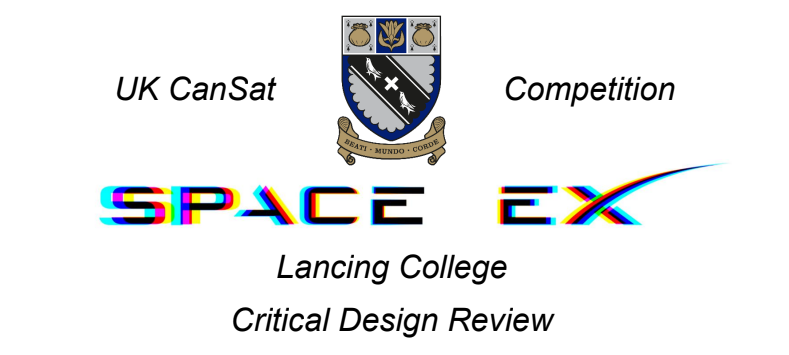


































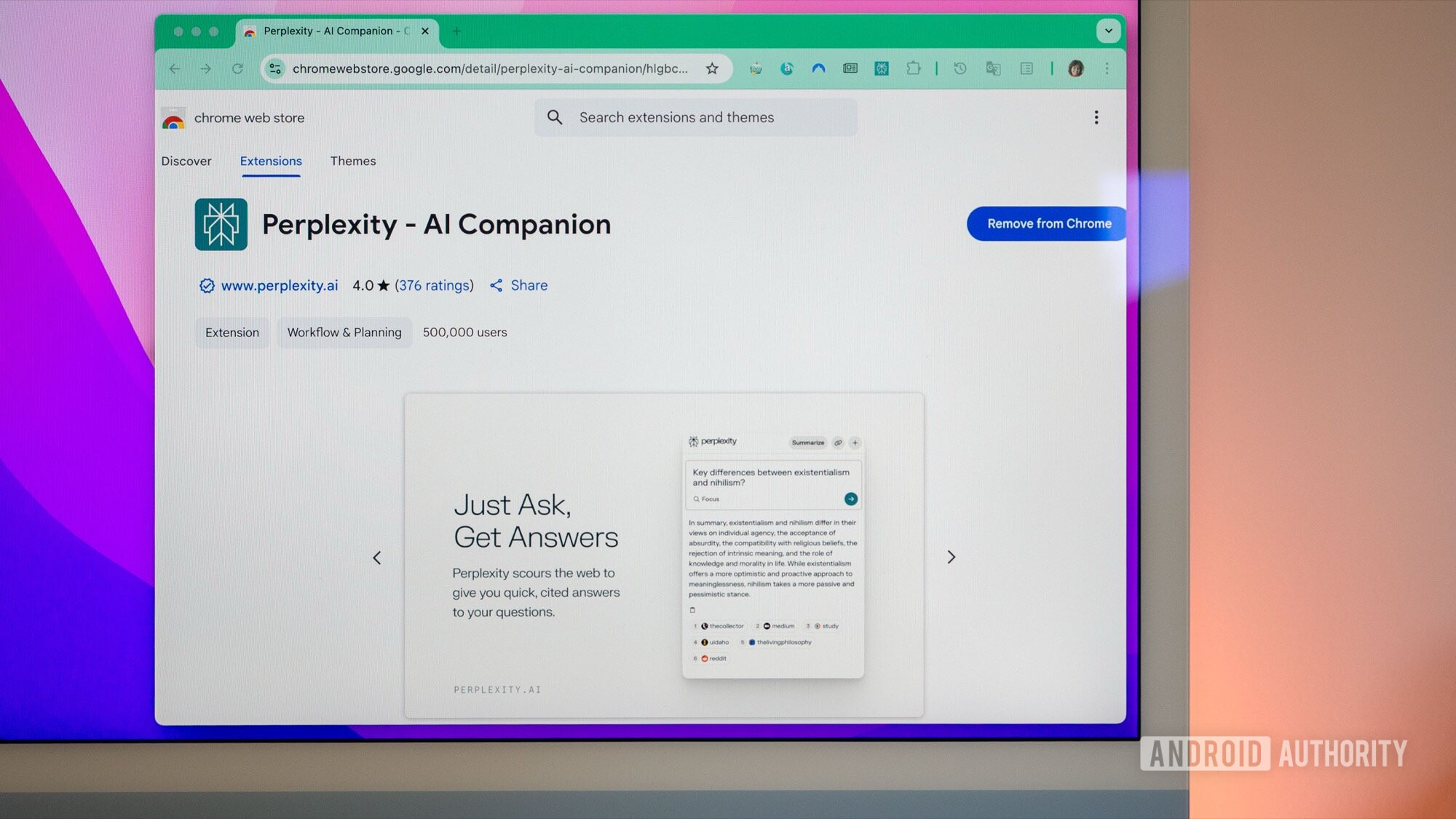




![The Material 3 Expressive redesign of Google Clock leaks out [Gallery]](https://i0.wp.com/9to5google.com/wp-content/uploads/sites/4/2024/03/Google-Clock-v2.jpg?resize=1200%2C628&quality=82&strip=all&ssl=1)
![What Google Messages features are rolling out [May 2025]](https://i0.wp.com/9to5google.com/wp-content/uploads/sites/4/2023/12/google-messages-name-cover.png?resize=1200%2C628&quality=82&strip=all&ssl=1)














![New Apple iPad mini 7 On Sale for $399! [Lowest Price Ever]](https://www.iclarified.com/images/news/96096/96096/96096-640.jpg)
![Apple to Split iPhone Launches Across Fall and Spring in Major Shakeup [Report]](https://www.iclarified.com/images/news/97211/97211/97211-640.jpg)
![Apple to Move Camera to Top Left, Hide Face ID Under Display in iPhone 18 Pro Redesign [Report]](https://www.iclarified.com/images/news/97212/97212/97212-640.jpg)
![Apple Developing Battery Case for iPhone 17 Air Amid Battery Life Concerns [Report]](https://www.iclarified.com/images/news/97208/97208/97208-640.jpg)
















